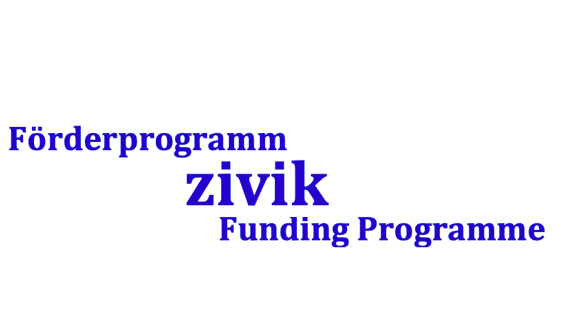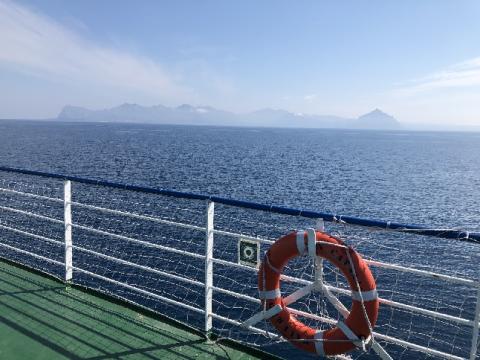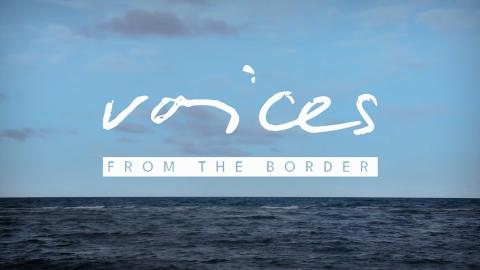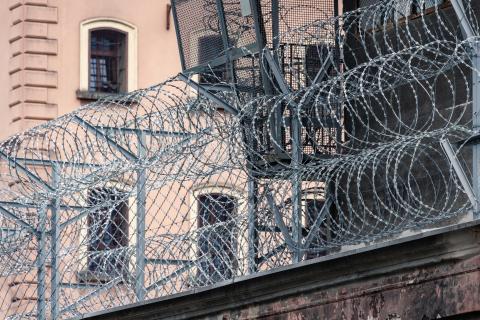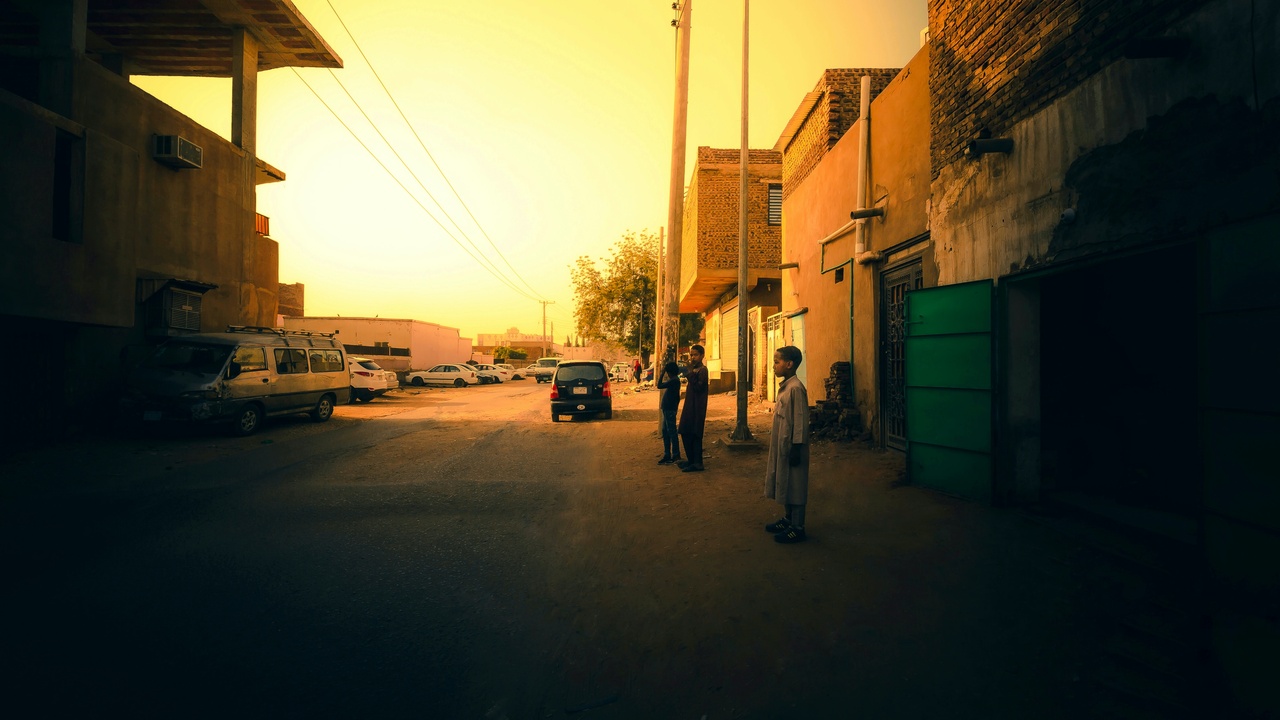
Sudan: Documentation of enforced disappearances
What does the externalisation of EU borders to Sudan have to do with the outbreak of civil war? The so-called Karthoum process (see also here) is one of the two pillars of externalisation. The closure of the borders was made possible by dictator El Bashir and his accomplice Hemetti. Together with the Africa Centre for Justice and Peace Studies, we are working on a database to document enforced disappearances.
What role does the externalisation of EU borders play in the civil war in Sudan?
Without EU funding, the militia leader Hemetti would never have gained the strength to challenge the military and the Sudanese government. The war between the military and militia in Sudan began on 15 April 2023. More than six million people have been displaced and forced to flee, the warmongers have killed thousands of people and raped and enslaved women. What sounds unimaginable to us is bitter everyday life in Sudan.
General Hemetti was once the militia leader who carried out unspeakable massacres and expulsions with his "Janjaweed troops" in Dafur. More than 20 years have now passed since the world condemned the genocide in Darfur. The European Union had a new job for the militia leader: Hemetti was supposed to block the route to the north, towards the Mediterranean, for refugees and migrants. He was given arms and financial support. He now has a solid economic base: selling and hiring mercenaries, protecting gold mines together with the Wagner troops.
His 10, 000-strong troops are effective ground forces, skilled in urban warfare. At the time of the coup in 2021, he was so strong that he became the second in command two years ago when the military put an end to the revolution. The war in Sudan broke out when Hemetti was supposed to integrate his power base, his troops, into the government forces. Under pressure from the EU Special Representative and the UN Special Envoy, both former employees of the German Institute for International and Security Affairs, a kind of think tank of the German government. The framework contract for this transition was co-designed by the Max Planck Institute. It went badly, you could say. This framework agreement has excluded civil society and ignored the role of civil society in a peaceful transition. Now the combatants are fighting at the expense of the population, taking them hostage, driving them out of their homes and neighbourhoods, committing atrocities, killing and raping.
General Hemetti's armament is thus a root cause that has led to a war that has so far driven more than 6 million people out of the country and resulted in roughly the same number of internally displaced persons who have fled to less affected regions. In the war in Sudan, solidarity with the civilian population and the revolutionaries is not a "nice-to-have", but a European responsibility, given the support Hemetti has received from Europe - also in view of the failure of international organisations from UNMISS to EU Special Envoys and the German technical advisors, who have not given the civilian, peaceful forces a chance.
Our work
borderline europe - Human Rights Without Frontiers and ACJPS (African Centre for Justice and Peace Studies) started building a database just a few weeks before the start of the war in Sudan. Despite enormous difficulties due to power and internet outages, we were able to programme the database and train 25 observers, most of them on the ground in Sudan, in the areas of forced disappearances and data entry. As the atrocities and disappearances became more frequent, documentation could begin immediately. To date, more than 700 cases of forced disappearances have been documented. Three verified and well-documented cases are ready to be sent to the UN CED for urgent action.
At an event at the end of September, we reported on the atrocities of the war and the current situation together with activists from Sudan.
The database was officially launched on 13 November. You can watch the entire event here:
Further information on the situation in Sudan can be found in our study:
Gatekeepers of the European Union: Sudan after El-Bashir
More background information can be found here:


